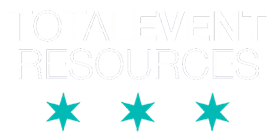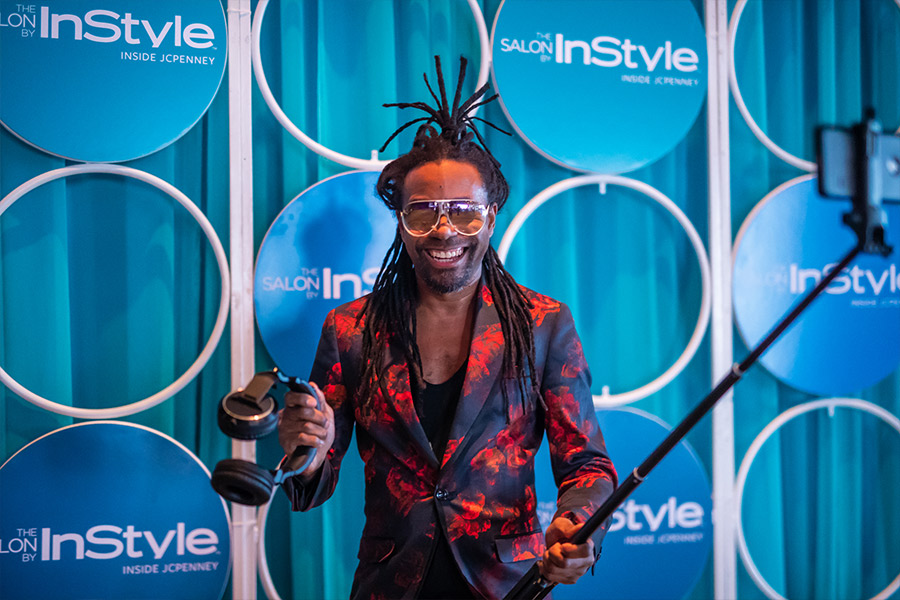Planning Your Strategy
The global events industry continues to grow as in-person events are the best way for brands to create excitement. People love the opportunity to visit a great city, collaborate in effective ways, solve business problems together, and learn new skills. If you put together a strategy and deliver an experience that meets these needs, you will win!
First, you need to be clear about who you are trying to reach. Create your personas, then determine what they might like to do, where they would like to go, and what they would like to learn. Is Chicago in the fall the right place for your conference? Chicago is home to more than 60 museums, a veritable playland for the culturally inclined, and this might interest your attendee base. Scottsdale is home to some of the worlds best golf courses which may be the perfect off-site event for the attendees in your demographic. Once a destination is chosen, find a flexible venue that allows for the best version of your creative and production output. Next, dive into developing the pre-event awareness social media campaign.
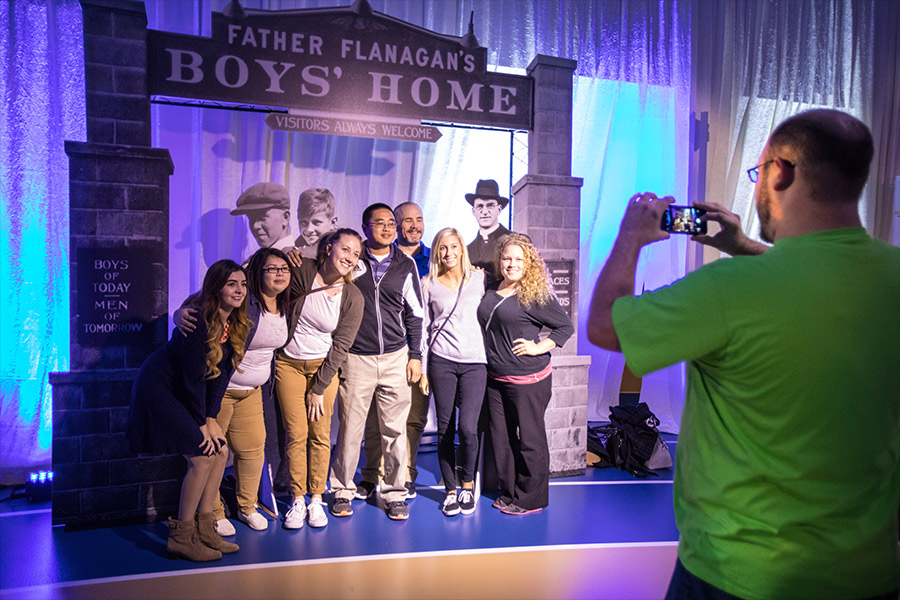
Use Social Media To Drive Ticket Sales
You have put together an event that people will love, now it’s time to market aggressively. You have to start with Social Media Marketing. Pre-event buzz is key, amplification during the event is a nice goal, and engaging with attendees post-show improves the execution of your next event. You can utilize Facebook, Instagram, and LinkedIn to drive tickets sales.
Starting with Facebook is a smart move as there are 1.59 billion daily active users on Facebook. The Facebook development team has built an easy-to-use event promotion tool for event planning. With integrations with EventBrite Mailchimp and Constant Contact, using Facebook to create early buzz is a great start. You can share event updates, engage followers, and create event pages. You can also target your messaging to specific groups using paid promotions. More stats, brands get the most engagement on Instagram while LinkedIn is excellent for B2B and industry networking within an event social media strategy.
Keep it Simple!
Remember you are hosting an event to build new connections with consumers and strengthen relationships with current consumers. Hosting an event is a smart move and a powerful marketing channel.
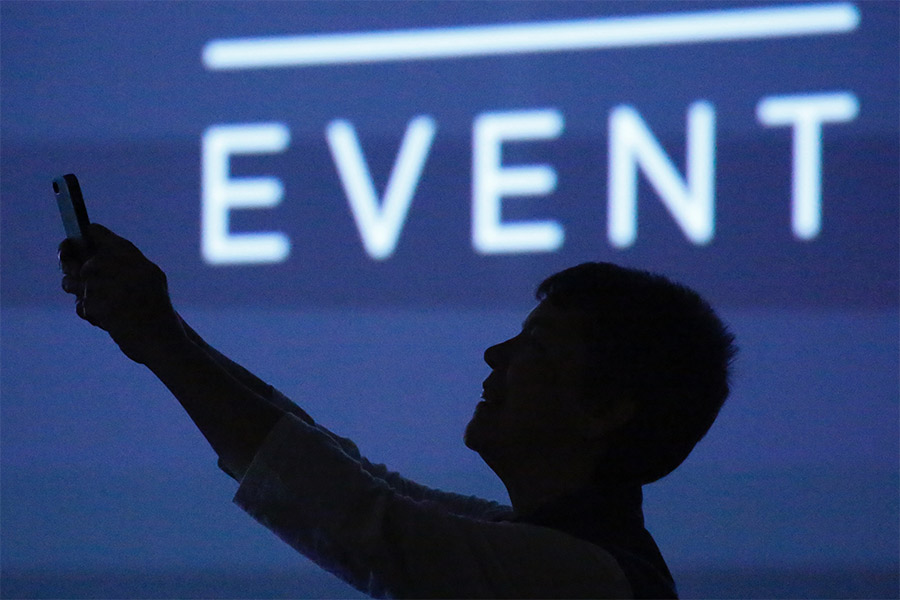
Understand How To Use Facebook In Early Event Promotion
Harness the power of Facebook to promote and reach all of your event planning goals. The opportunity to build relevant content for your target market and quickly create a buzz for a fair price is hard to overlook.
First, you need a strong understanding of SEO, the ability to craft effective copy, and consistent content. You need to be able to segment your target audience, set clear goals and choose the right KPI’s(Key Performance Indicators). Here are a few to consider:
- Event check-in numbers
- Ticket sales
- Social media mentions
- Social media engagement
- Hashtag reach
- The cost to revenue ratio
The next step is to conduct keyword research and create persona docs. You need to understand how you can improve the likelihood of your target attending the event and sticking with the brand. With these facts, you then create cohesive social media assets and copywriting. The brand needs to be recognizable on each social media channel being used. Users love the ease of being informed about the upcoming event, the reminders they receive, and the way-to-learn about the event quickly. Facebook also makes it easy for users to share the event details with their friends, creating a stronger attendee base in turn.
Choosing Your Event Hashtag
Settle on a hashtag that is short, unique, and easy-to-understand. Add it to all of your social account bios and all of your other communication channels.
Your channels include the event website, promotional emails, print materials, and more.
During the event, make sure the event hashtag is visible, so attendees know to use it. Create an incentive plan to encourage attendees to amplify your event via their social channels. Your idea can be as simple as building and promoting a photo competition that encourages reposting and tagging.
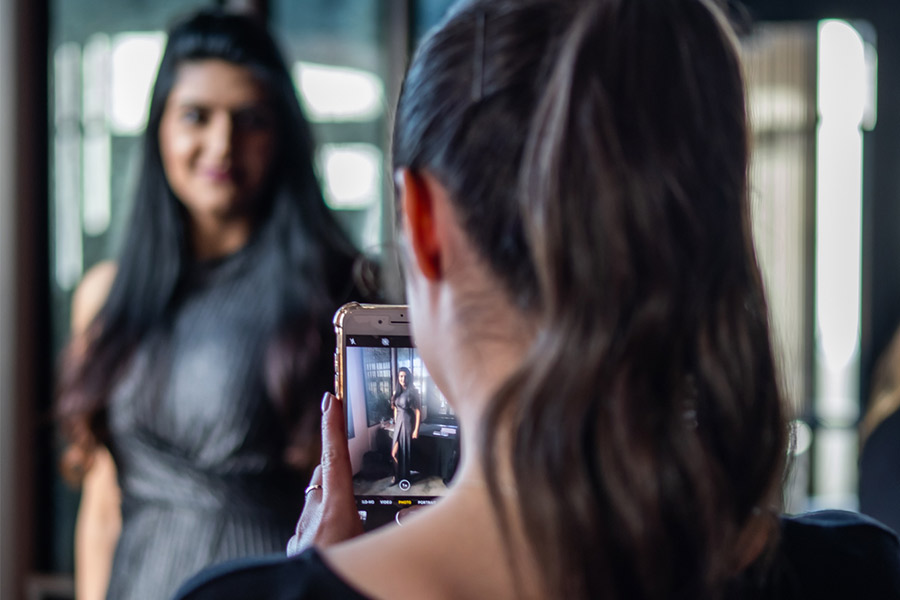
Using Instagram To Drive Ticket Sales
To win on Instagram, companies need to behave like real people with an interesting personality. A focus on humanizing the messaging will go a long way in driving event interest. In the case of driving awareness around your next event, use Instagram to show off the employees behind the scenes as they prep for this great event. If your employees are off-limits, then the event city is a great source for your business Instagram account.
Make the city part of the story! If your event is in Chicago, you can create noise around the yummiest places to eat, the windiest jogging path, the strongest espresso, and the most comfortable place to sleep. Create a buzz around the location and see your tickets sales take-off.
Right before the event kicks off, it’s time to create buzz to generate FOMO: the fear of missing out. It’s time to begin using teasers, photo or video that include special guests, activities, or unique vendors. Once the event is live, it’s time to activate your Instagram contest. Rules include tagging friends in the comments and reposting the event update to their profile. Remember, during the event to create Instagram stories, post consistently ,and go behind the scenes.
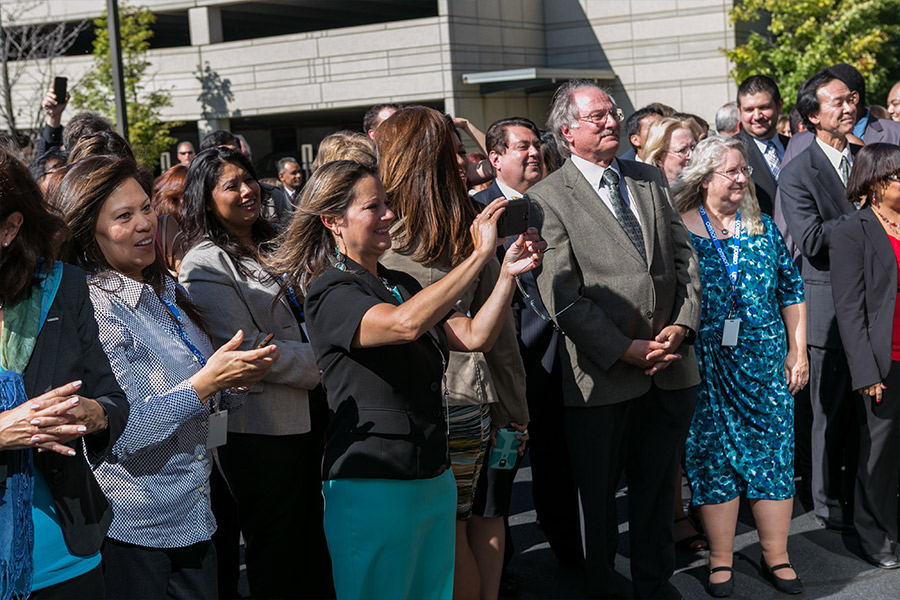
Using LinkedIn To Encourge Event Networking
As the number one social network for professionals, LinkedIn offers plenty of opportunities for B2B businesses to promote their events, tradeshows, or conferences. With it being a professional platform, your team needs to apply a ‘professional’ approach and be very specific about your target. Reach out to professionals who are interested in the event theme, platform, and offerings.
The key to success on LinkedIn is to use an employees profile who is responsible for event planning and their profile should be current. They should contribute to the platform weekly with promotions and information regarding the event. Your employee is constantly building a community and when it’s time to promote an event it will be easy to gain traction from utilizing employee’s profiles.
Optimize, engage, publish, join relevant groups, and strike up engaging discussions about your event. Again, we go back to being human in the digital space. With this in mind, create your own LinkedIn group to extend your connections with attendees post-event and create a feedback loop. It’s important to collect feedback so you can continuously improve attendance, satisfaction, and social reach. Everyone needs to know “how great your event was.”
Be Clear About Your Target Audience
Trying to appeal to everyone usually means you will not appeal to anyone. Be clear about who will buy a ticket and attend in order to save your team time and money. Develop a list of characteristics for your target audience, define the overall event goals for attendees, and build a strong social media strategy. If the characteristics and goals of your attendees don’t match the social media opportunities and strategies you are pushing out, the organic engagement you are looking for will not follow.

Event Planning Tips!
Hit Your Registration Goals!
A well organized plan accelerates the customer journey to registration and meeting your business objectives.
